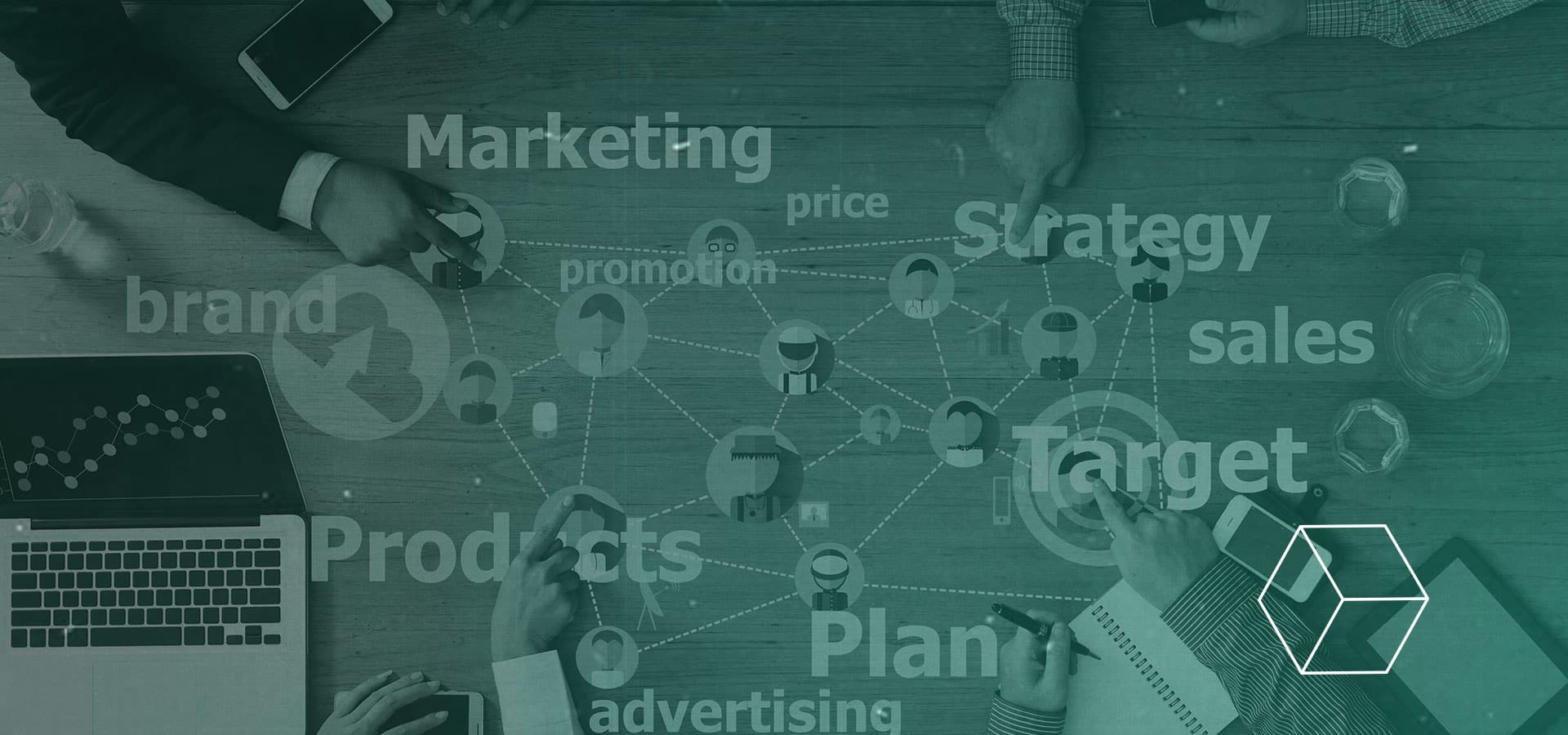Websites for Small Businesses: Do You Even Need One?
Every business you know has a website, or so it seems. Large corporations more than likely do, but many smaller companies may not. Their reasoning may be that they get a majority of their business by word of mouth, or they are just too small of a business to need a website. Although they may feel they have adequate foot traffic through local advertising and customer referrals, a website might be the one marketing tool they need to grow their business.
A business website is not just for selling items on. It can also be a valuable part of a local and online digital marketing campaign. For a small business, obtaining a website doesn’t have to be expensive. There are a number of quality hosts and products for budget-friendly websites. Whether a large company or a mom & pop store, every business has a unique set of marketing needs. Small businesses, with tight budgets, in particular, have to carefully weigh the cost of advertisement with the return on investment (ROI). As a small business owner, you question whether or not you even need a website. The answer to that question is in most cases a yes. The next question generally asked is why have a website? Let’s find the answer.
Website as a Sign of Professionalism

Including inbound links from other reputable websites indicates you are well-known in your industry and field. All this can help to earn your customers’ trust in both your products and services.
Online Marketing is a Must

According to a 2018 Nielsen Total Audience Report, “American adults spend over 11 hours listening to, watching, reading, or generally interacting with media.” And “young adults 18-34 spend 43% of their time consuming media on digital platforms.”
In today’s tech world, almost everything can be done with a click, or a swipe online. From ordering take-out to buying a car, you don’t have to leave the comfort of your own home. With adult consumers spending almost half their day online, having a website is no longer just an add-on to your marketing campaign. It has become essential for a business, even small businesses, to have an online presence that includes a website.
Your Business Information in a Click

A website is your company’s business card, brochure, and billboard all rolled up into one package. The pages on your site can hold every vital piece of information about your company. This can include your local business address, phone numbers, email addresses, product and pricing information, customer reviews, and any other information you feel would add value to your site and assist your customers. Adding your business information and a link to your website on a Google My Business (GMB) advertisement can help drive traffic to your local business.
Not only is your website your company’s information directory, but it is also the online face of your business. With the ability to design your site to your specifications, this gives you control of how internet users perceive your company. This can be achieved with the layout and design of the pages, A FAQ information page, and targeting specific keywords for optimum search engine exposure. Even the type of content you add to your website can help create the picture of your company you want customers to see.
The Worldwide reach of the Internet
“Wearesocial and Hootsuites Global Digital 2019 reports reveal that “internet users are growing by an average of more than one million new users a day.” Their report also states that so far in 2019 there are approximately 4.39 billion internet users worldwide.
Your online presence has the potential to reach a good number of those users, everywhere in the world. Even if you limit your target area to one region or country, or by target group, you are still reaching a whole lot of customers, old and new. Your website is your small business’ key to the world.
On the other hand, traditional forms of advertising such as television, billboards, and paper media outlets have a much narrower reach. Local advertising tools such as newspapers and small circulation magazines and billboards have the potential to only reach customers within a tight radius of your store or office. Television and larger circulation media outlets have a broader reach but are limited by the scope of their technology. The cost to advertise by traditional means is becoming higher than the return on investment versus the cost of online marketing and the potential for new customers.
Collecting Valuable Information for Your Business
A vital aspect of having a website is the ability to gather key information about your customers and your target audience. With traditional forms of advertising collecting data about how a marketing campaign was working was difficult, and time-consuming. Online marketing takes the guesswork out by using analytics.
Key point indicators (KPIs) are the visual measurement tools used to collect marketing performance data for online digital marketing campaigns, including your website. There is a large amount of Information you can gather from KPIs for users to your website. These include the number of new visitors and returning visitors, average time users are on a page, conversion rates for “call-to-action” content, and monthly web traffic, among other data.
This information is easily collected through analytics programs. A basic spreadsheet and database can sort and store the information for both an overall and specific view of what works and doesn’t work across your small business online marketing programs. KPIs can help you utilize the marketing tools that best fit your business to boost traffic and sales.
The Convenience of an Online Shop

If you are a small business that sells products, an online shop is vital to increasing the sales. Consumers in today’s society expect to be able to go online to purchase almost any kind of merchandise they need. Brick and mortar stores are still an essential part of businesses, especially localized companies, but in some areas, customers are more apt to shop online. A website can easily display images and description of your products, and be a point of sale. It can also be a marketing tool that can push foot traffic to your local business.
A website for small businesses can also be a storefront instead of a local brick and mortar store. This can significantly lower overall operating costs. Just like a local store, on your website, you can display your products with images and videos, and include pricing and descriptions. Unlike your local store, on your site, your customers can browse and purchase merchandise from you 24/7 from anywhere at their convenience.
Also on your website, you can conveniently include coupons, customer incentive programs, referral links, and 24-hour customer service through online chat. Like a traditional store, a web store can be as personalized for a user as if they had their very own sale representative assisting them.
Social Media Accounts versus Websites

A social media account is a great thing to have for your business, as an add-on to your website. Many small business owners have Facebook, Instagram and other social media accounts for the companies. They are a valuable asset and do have their place as a marketing tool, but they have their drawbacks.
If you are using a social media account for your business you have to follow each sites specific rules of engagement. This often means paying for every add-on and advertisement. This also means having to follow strict formats and site policies for everything you post.
Having your own business website means you are in complete control of your online presence. You decide how your website is going to look, what content to include, and what advertisements you will use. There are very few if any restrictions. You are the only one that determines what your customers see and read on your website.
For your social media accounts, there are generally apps you can add on your website that link to your social media pages, and “call-to-action” buttons for users to be able to follow you. Depending on the protocol of each account, you may be able to add a link on your social media pages back to your website.
A Website for a Small Business is a Definite Yes

For a small business having an online presence is a must in today’s web-based world. A website is the core of a strong digital online marketing campaign. Your website is the hub for other marketing techniques including social media sites and local advertising programs such as Google My Business ads.
The potential for new customers with a website is as far as the internet will take you. For a small business that sells products, a website can be the storefront, exponentially reducing overhead costs.
When asked the question if a small business needs a website, the answer should be a resounding yes!



